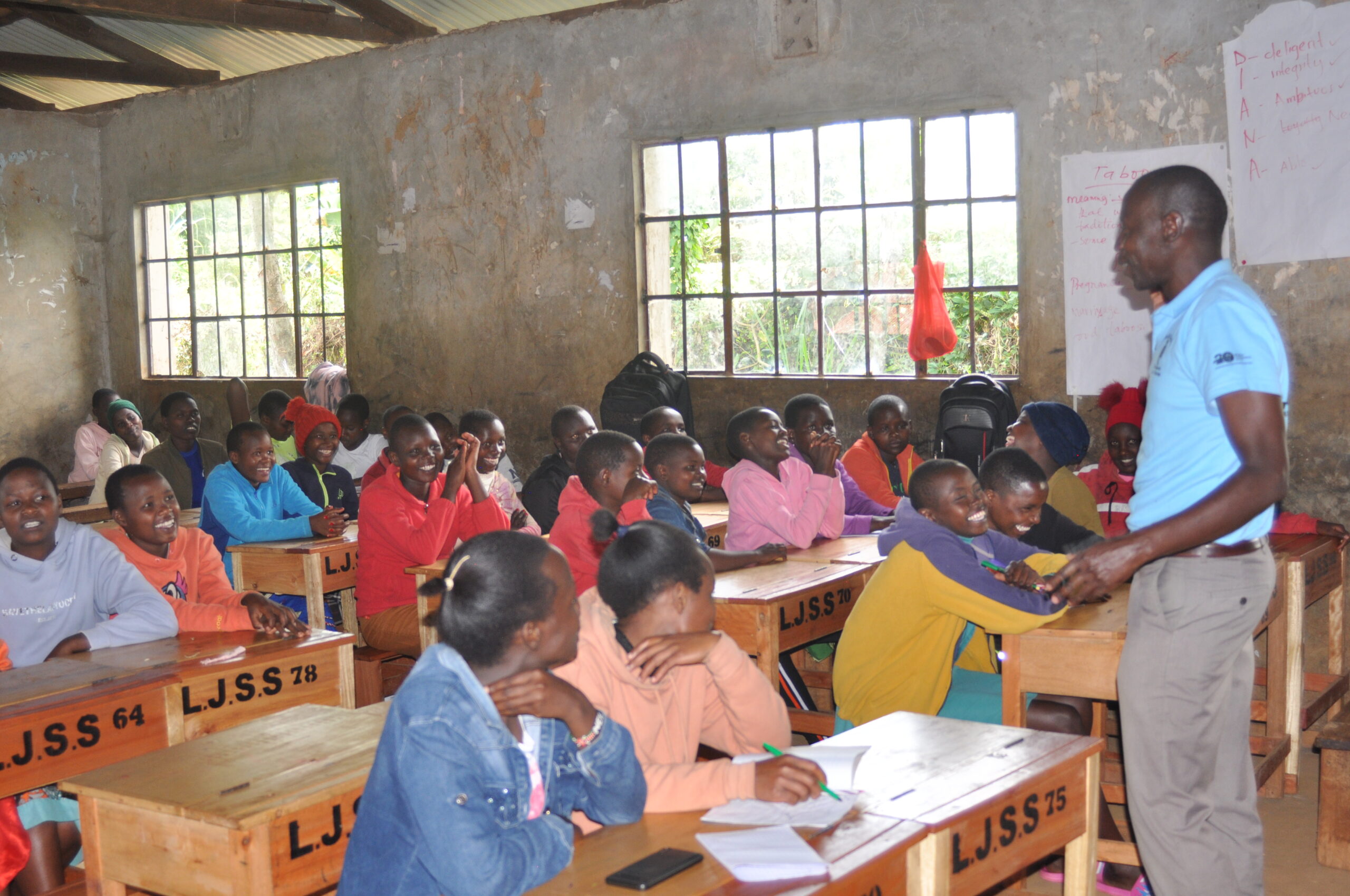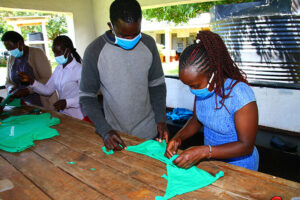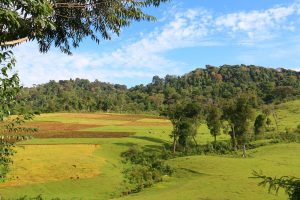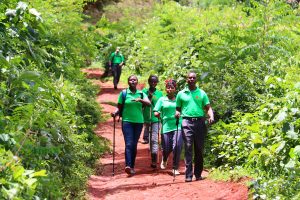“Hello, my name is Richard C Kirui and I have been part of Brighter Communities Worldwide since 2005. I work as the Community Health Education Coordinator on the Community Health Education Team. I work on two community programmes I feel passionate about – Female Genital Multilation (FGM) Abandonment and the Lifeskills Programme. I believe in a world without zero tolerance to FGM and Gender Based Violence. I believe that together we can win the fight against FGM.”
February 6th marks the International Day of Zero Tolerance for FGM which we at Brighter Communities Worldwide celebrate in Ireland and in Kenya. This day gives us a chance to raise awareness and reflect on all our efforts aligning with this year theme to “Step up the pace” which is something the team at Brighter Communities Worldwide are working hard to achieve.
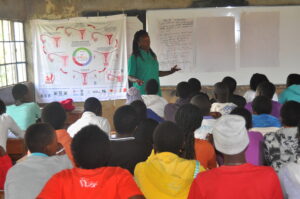
What is Female Genital Mutilation (FGM)?
FGM refers to all procedures involving partial or total removal of the female external genitalia or other injury to the female genital organs for non-medical reason. FGM is a violation of girls’ and women’s human rights. It reflects deep-rooted inequality between the sexes and constitutes an extreme form of discrimination against girls and women. FGM results in early school dropouts, early marriages, and increases poverty. The practice has no health benefits for girls and women which results in immediate, psychological and long term consequences like severe bleeding, problems urinating, later cysts, infections, as well as complications in childbirth and death. The practice of FGM varies across different ethnic groups and religious beliefs.
“Let’s join forces to make female genital mutilation history and ensure a brighter, healthier, and more just future for all women and girls everywhere” Antonio Guterras UN Secretary General.
What is Alternative Rite of Passage? (ARP)
A large part of Brighter Communities Worldwides FGM Abandonment programme is the Alternative Rite of Passage (ARP) course. The purpose of the ARP course is to transform the social norm of cutting girls and promote its abandonment, replacing it with a safer, culturally-appropriate alternative. The ARP courses involve the whole community in preparation and delivery and when the participants grduate from the 5 day course, members of their community are invited to celebrate and publicly declare their commitment to saying No to FGM and abandoning the practice. Rebecca Malel ARP facilitator and advocate being interviewed by BCW staff;
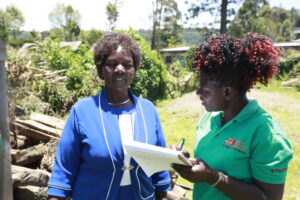
“I Rebecca Malel have been working as a volunteer facilitator since the beginning of the Alternative Rite of Passage. I love this work, it never makes me tired. I love doing advocacy to save girls and young women from FGM and making sure they know their rights”.
Challenges with combating FGM today
FGM doesn’t discriminate – it targets young girls, adolescents and married women. This practice is driven by the social pressures to conform to what others do or what was done in the past through traditional initiations. Many fear social rejection or alienation from their families, communities, or peers if they do not undergo the procedure. There is also a strong emphasis on preserving cultural norms, where individuals undergo FGM to be recognized as adults and ready for marriage, along with the exchange of dowries. In some communities, it is also believed to preserve virginity. Additionally, the practice generates income for traditional circumcisers, further perpetuating its continuation.
The Way Forward
Thanks to Brighter Communities Worldwide working in collaboration with communities, staff members like Richard and volunteers like Rebecca, change is happening. During 2024, a total of 2,442 girls were trained on the ARP course. That’s is 2,442 families and their extended communities who are saying
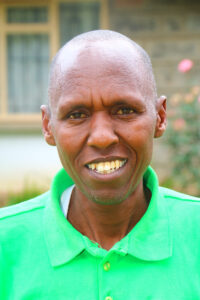
No to FGM because it is a form of gender based violence they are no longer willing to accept.
In conclusion Richard says “I believe that Education is Power and when the people are empowered given the right information change is inevitable even though it takes time. Sensitisation and Mobilisation remain the best approach in raising awareness and mentoring the passionate volunteers to ‘step up the pace’ in their communities. “Together we can win the fight against FGM”.

